The Ultimate Guide to Roof Soft Washing:Gentle Cleaning Solution!
The Ultimate Guide to Roof Soft Washing: A Gentle Yet Effective Cleaning Solution
Maintaining a clean roof is crucial for any home's longevity and aesthetic appeal. Roof soft washing is a gentle yet highly effective solution among the various methods available. This technique not only preserves the structural integrity of roofs but also alleviates the growth of mold, mildew, and algae. Recognizing the importance of this method is the first step toward ensuring a home's roof remains in optimal condition. It's also important to understand the potential risks of not maintaining a clean roof, such as [specific risks].
This article delves into the essentials of soft washing a roof, outlining its numerous benefits and detailing how the process works. From explaining what soft washing a roof entails to why it's the preferred choice for older roofs, readers will gain comprehensive insights. Additionally, the guide will highlight professional soft-washing roof cleaning services, such as Softwash Your Roof, ensuring homeowners have all the information needed to make informed decisions about maintaining their roofs.
What is Soft Wash Roof Cleaning
Soft wash roof cleaning is a method that combines low-pressure washing with specific cleaning solutions to effectively remove dirt, organic growth, and stains from roofs without causing damage. This technique is particularly beneficial for delicate roofing materials that could be harmed by high-pressure washing.
Definition
Soft washing utilizes a low-pressure power washer, typically operating between 150 and 300 PSI, which is significantly less forceful than traditional pressure washing. The process involves applying water, bleach, and other cleaning agents like sodium hydroxide or algaecides directly to the roof. These solutions break down dirt, moss, algae, and other substances at a molecular level, making it easy to rinse away the residue gently without harming the roofing materials.
Difference from Pressure Washing
The critical distinction between soft washing and pressure washing lies in the intensity of the cleaning process. Pressure washing removes dirt and grime from high-pressure water streams, typically above 1,000 PSI. This method can be effective for hard surfaces but too harsh for roofing materials, potentially leading to damaged tiles or shingles. It's important to understand the potential risks of using high-pressure washing methods on delicate roofing materials, such as [specific risks].
In contrast, soft washing uses much lower pressure and cleaning chemicals that do the heavy lifting by dissolving the dirt. This approach preserves the roof's integrity and extends its lifespan by avoiding the abrasive damage associated with high-pressure washing. Additionally, soft washing is environmentally friendly, as the cleaning solutions are designed to be safe for the home and surrounding vegetation.
By choosing soft washing, homeowners ensure a thorough cleaning that maintains their roofs' aesthetic and structural integrity, making it a preferred method for roof maintenance.
Benefits of Soft Wash Roof Cleaning
Soft washing is renowned for its environmental benefits. The detergents and surfactants used in this method are biodegradable, breaking down into harmless substances without harming the environment. This makes soft washing a safe choice for plants, pets, and the planet. However, it's important to understand the potential risks and side effects of the cleaning solutions used in soft washing, such as [specific risks]. The biodegradable cleaning solutions effectively remove organic pollutants like algae and mold from roof surfaces while being gentle on the surrounding landscape.
Unlike traditional high-pressure washing, which can dislodge or break brittle shingles, soft washing combines low-pressure water with specialized cleaning solutions. This gentle approach avoids the physical damage to shingles that high-pressure systems often cause, preserving the integrity and functionality of the roofing material. Furthermore, soft washing cleans the surface and eliminates harmful microorganisms, such as bacteria and viruses, which can degrade roofing materials over time.
Regular maintenance through soft washing can significantly extend the lifespan of a roof. By removing destructive biological growths such as algae, lichens, and moss, soft washing prevents premature aging and decay of roofing materials. This maintenance keeps the roof looking new and enhances its durability, ensuring it remains functional and aesthetically pleasing for a more extended period. Additionally, moss and algae can make a roof darker and more absorbent to heat, increasing cooling costs. Soft washing removes these elements, thus lowering energy costs by keeping the roof lighter and more reflective. It's recommended to soft wash your roof [frequency] to maintain its cleanliness and health.
How Does Soft Washing Work
Process Overview
Soft washing is a meticulous cleaning method that utilizes low-pressure water combined with specialized soap solutions to effectively cleanse roofs without causing damage. The process starts by prepping the home and ensuring that all necessary precautions are taken to protect the property and its surroundings, including a detailed explanation of the safety measures taken. The roof is then sprayed with a proprietary blend of soap, water, and surfactants to tackle organic build-up, mildew, bacteria, algae, and accumulated stains over time.
Once the cleaning solution is applied, it is left to dwell on the roof, typically without rinsing. This method allows the solution to penetrate deeply and work over time, aided by natural elements like rain, which gradually rinses away the residue. This approach not only cleans the roof but also prolongs its cleanliness, often maintaining a clean appearance for three to five years.
Materials and Equipment Used
The equipment used in soft washing is specifically designed to ensure gentle yet effective cleaning. Key components include a low-pressure washer, often operating between 150 and 300 PSI, which is significantly lower than traditional high-pressure washers. This equipment is paired with a soft wash pump, which may be battery or solar-powered, and features a proportioner valve that controls the mix of water and chemicals.
Professionals often use a variety of nozzles, such as adjustable nozzles that can switch between long-range and fan settings, to accommodate different roof areas and conditions. The cleaning solutions typically contain sodium hypochlorite, a chlorine-based compound known for its effectiveness in removing stubborn organic stains while being safe for most roofing materials.
In addition to the chemical mix, professionals might use other tools, such as non-drip couplings, whip hoses, and flow control valves, to enhance the efficiency and safety of the application process. These tools help apply the solution uniformly across the roof, minimizing waste and preventing potential damage to the property.
Soft washing uses these specialized tools and techniques to provide a thorough cleaning that is effective and preserves the integrity and appearance of roofing materials. This method is a preferred choice for homeowners looking to maintain their roofs in a safe, eco-friendly, and efficient manner.
Why Choose Soft Wash for Older Roofs
Soft washing is preferred for cleaning older roofs due to its gentle approach that prevents damage while effectively removing contaminants. This section explores why soft washing is especially beneficial for older roofing materials and its effectiveness across various roof types, including a comprehensive list of the types of roofs that are suitable for soft washing.
Protection Against Damage
Older roofs often feature materials that have become brittle over time due to exposure to elements and temperature fluctuations. Traditional pressure washing methods can be too harsh, causing shingles to dislodge or break. On the other hand, soft washing uses a low-pressure spray that cleans without the risk of physical damage. This method is crucial for preserving the integrity and functionality of older roofs. It ensures the shingles remain intact, preventing leaks and extending the roof's lifespan.
The cleaning solutions used in soft washing penetrate the shingles, effectively removing moss, algae, and other debris without requiring high-pressure force. This process cleans the surface and kills harmful biological growths at their roots, which is common in older roofs. This prevents these organisms from causing further damage and helps maintain the structural integrity of the roof.
Effectiveness on Various Roof Types
Soft washing is beneficial for asphalt shingles and effective on other types of roofing materials, such as cedar shakes, metal roofs, and tile roofs. Each of these materials can be sensitive to harsh cleaning methods, which makes soft washing an ideal solution.
Cedar Shakes: Soft washing removes algae and moss without drying out or splitting the wood, which is crucial for maintaining cedar roofs' aesthetic and structural integrity.
Tile Roofs: Soft washing helps maintain tile roofs' unique look and texture by removing dirt, algae, and pollutants without causing abrasion or erosion on delicate surfaces.
Metal Roofs: Soft washing prevents rust and maintains the aesthetic appeal of metal roofs. It uses a gentle blend of biodegradable chemicals that effectively remove contaminants without harming the roof's protective coatings.
By choosing soft washing, homeowners with older roofs can ensure a thorough cleaning that maintains their roofing materials' functional and visual quality. This method not only extends the roof's life but also enhances its appearance, contributing to the home's overall curb appeal.
Professional Soft Wash Roof Cleaning Services
Hiring a professional roof cleaning service ensures your roof looks pristine and is treated with the utmost care. Companies like Softwash Your Roof employ state-of-the-art equipment and techniques to safely remove dirt, debris, and stains, enhancing your roof's appearance without compromising its structure.
Choosing a Service Provider
When selecting a professional soft wash roof cleaning service, it's essential to consider several factors to guarantee quality service:
-
Experience and Reputation: Opt for a service with a proven track record. Check online reviews and request references to assess their reliability.
-
Credentials: Verify that the company holds the necessary licenses and insurance to safeguard against potential damages.
-
Equipment and Process: Inquire about the equipment used and their cleaning methods. High-quality equipment and an efficient process indicate a reputable service.
-
Community Engagement: Companies active in local community organizations, such as the Chamber of Commerce or Better Business Bureau, should be given preference. Their local involvement ensures accountability.
-
Integrity and Professionalism: The company should offer transparent pricing, clear communication, and a written contract outlining the services provided.
-
Eco-Friendliness: If environmental impact is a concern, choose services that utilize eco-friendly cleaning solutions.
Cost and Scheduling
Understanding the costs and scheduling involved can help you plan effectively for your roof cleaning project:
Cost Factors: Soft washing typically costs between $0.15 to $0.60 per square foot. Factors that might increase costs include additional stories, steep roof angles, and extensive moss or debris removal.
Scheduling: Discuss the expected timeline with the service provider. Reliable companies will provide a reasonable estimate of the project duration.
Table: Cost Breakdown for Soft Wash Roof Cleaning
| Factor | Cost per Square Foot |
| Average Soft Wash | $0.15 – $0.60 |
| Additional Story/Multi-Level | +$0.10 – $0.20 |
| Steep Roof | +$0.15 – $0.20 |
| Roof Blow | +$0.05 – $0.10 |
Before finalizing a contract, it is wise to obtain multiple estimates, such as checking the cleaner's credentials and ensuring a written agreement is in place. Avoid large upfront payments by opting for a structured payment schedule based on project milestones.
Choosing an exemplary professional soft wash roof cleaning service, like Softwash Your Roof, ensures your roof remains in excellent condition, enhancing its functionality and curb appeal.
Conclusion
Maintaining a roof's integrity and appearance is critical, and roof soft washing emerges as a hero in this narrative. It's a potent mix of gentle care and stern cleanliness, proving the safest bet for your home's crown. Homeowners can rest easy by leveraging the expertise of services like Softwash Your Roof. Their roofs aren't just cleaned; they're cared for with precision. This method hinges on soft washing's prowess to extend roof life and boost curb appeal efficiently.
Why risk beauty and functionality when an expert touch can secure both? Soft washing is wise for old and new roofs, steering clear of damage while ensuring a thorough cleanse. Remember, a clean roof reflects a well-maintained home. For those poised to reclaim their roof's glory, contact Softwash Your Roof for a free quote or call (786)876-3505. Secure your home's beauty and durability with an effective and gentle method.
FAQs
-
What chemical is most effective for soft washing roofs?
The preferred chemical for soft washing roofs and siding is a professional-grade 12.5% sodium hypochlorite solution, commonly known as bleach, which is diluted with water.
-
What is the recommended bleach-to-water ratio for soft washing?
For soft washing applications such as cleaning roofs, a commonly used mixture ratio is 1 part bleach to 4 or 5 parts water, effectively making it a 1:4 or 1:5 ratio.
-
What cleaning solution do professionals use for soft washing homes?
Professionals typically use a low-pressure cleaning method for soft washing homes, which involves a solution of bleach, algaecides, surfactants, and water. This mixture helps effectively remove mildew, organic stains, and algae from exterior surfaces.
-
What is the recommended formula for a soft wash solution on roofs?
According to the Asphalt Roof Manufacturing Association (ARMA), the most effective formula for cleaning algae and moss from roofs is a 50/50 mix, which is a 1:1 ratio, of LAUNDRY strength liquid chlorine bleach and water.
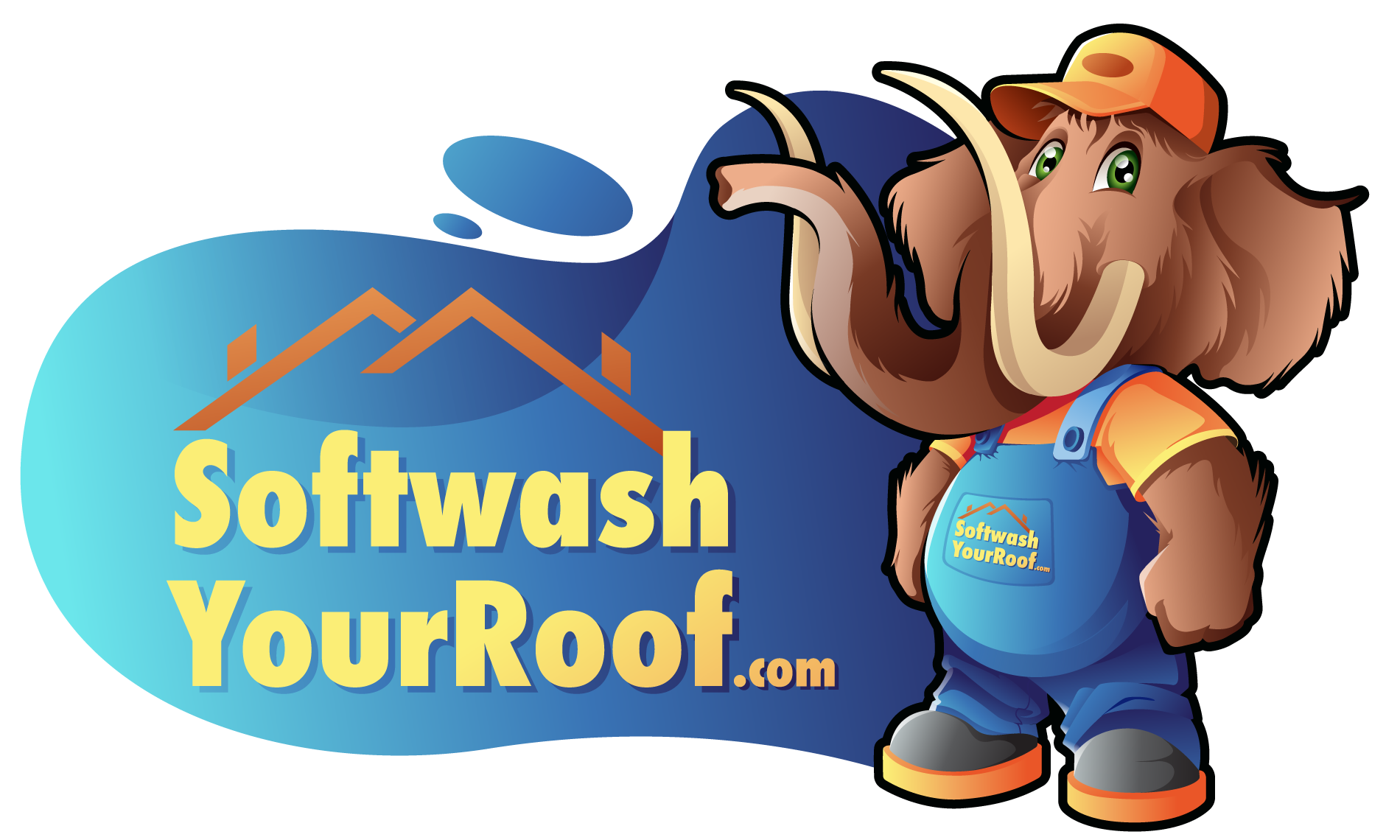
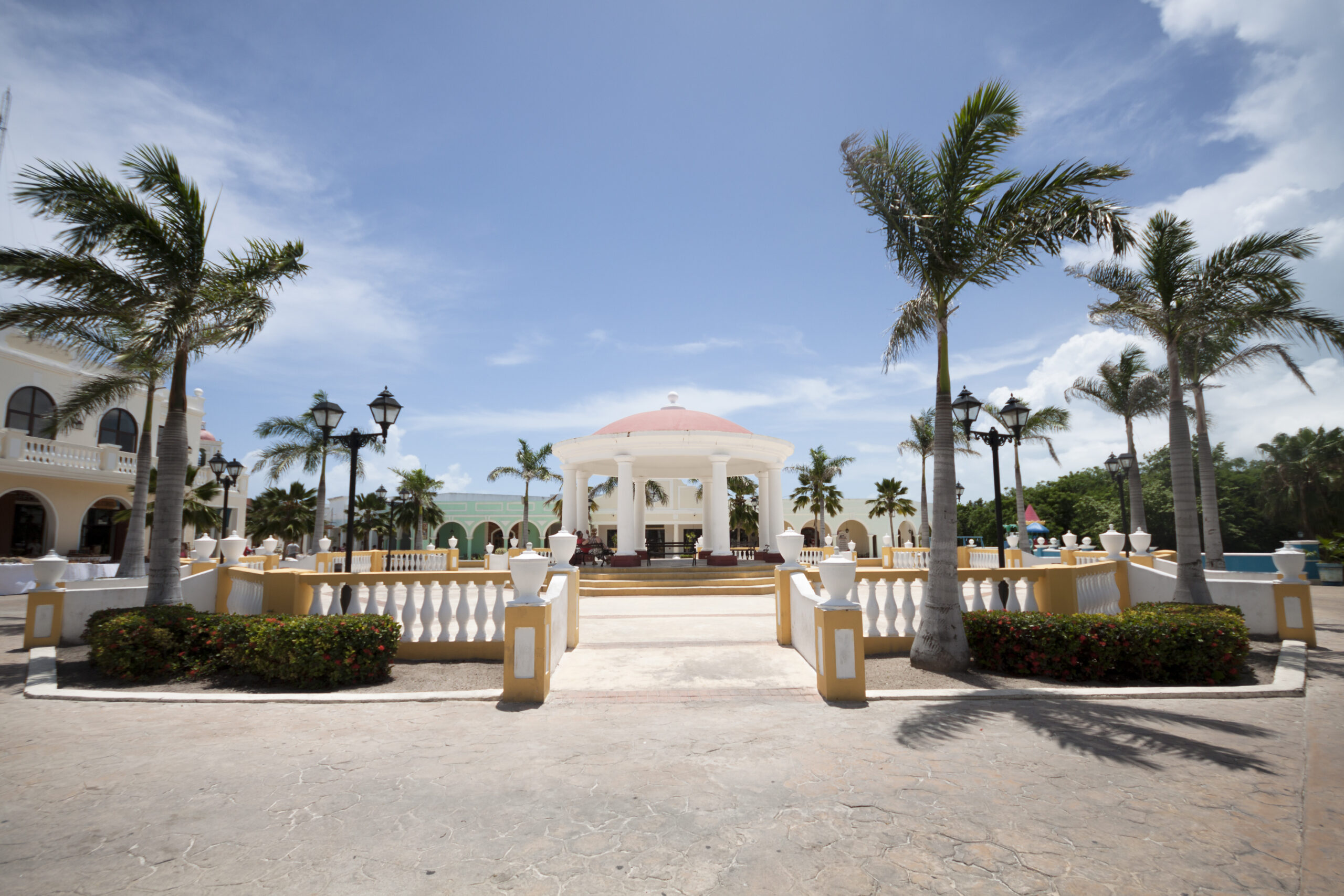
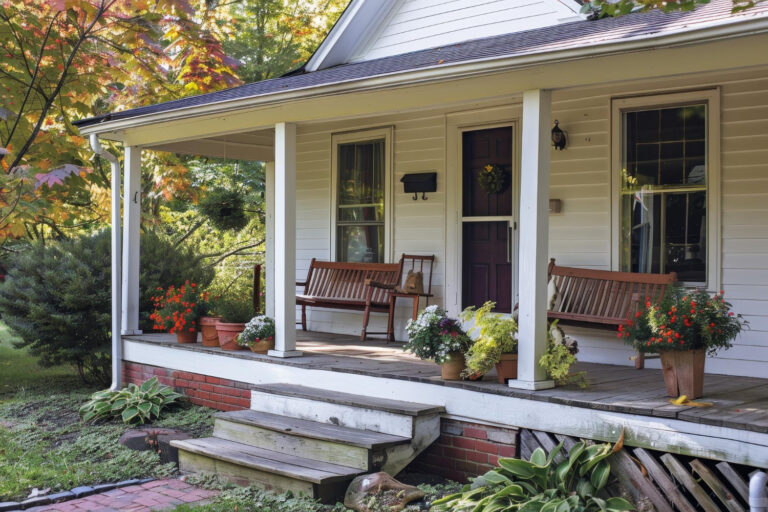
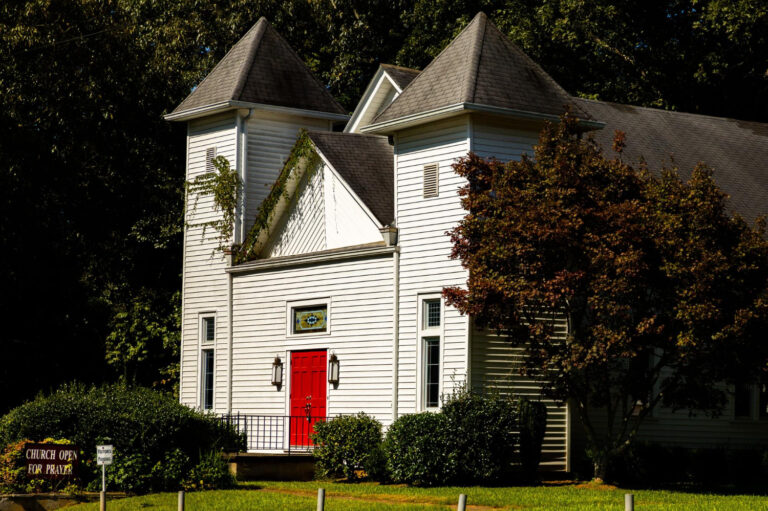
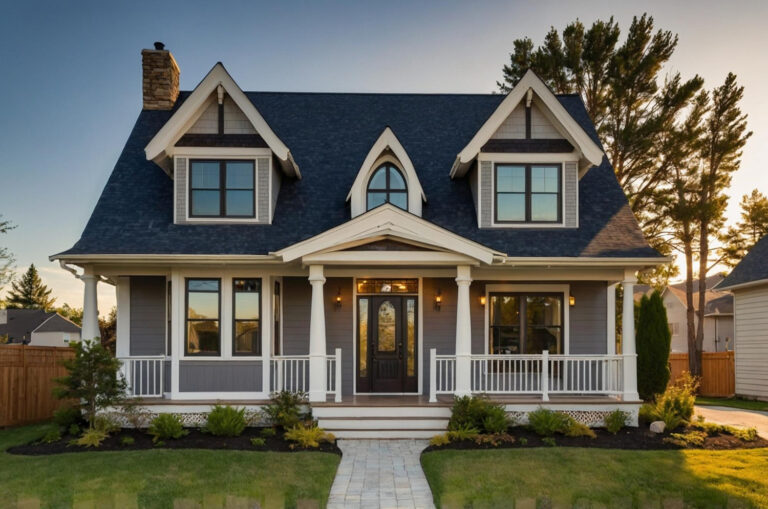
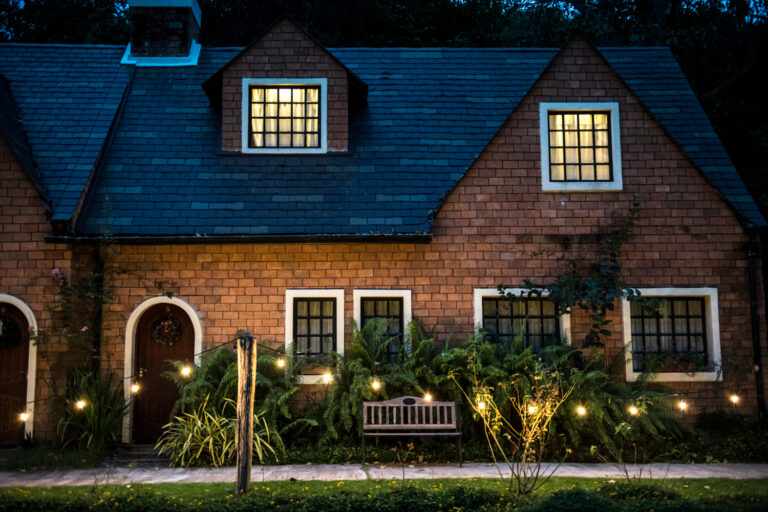
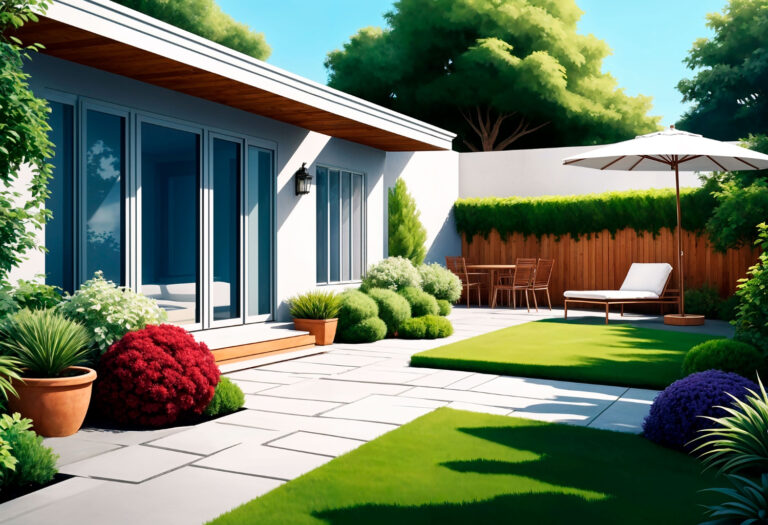
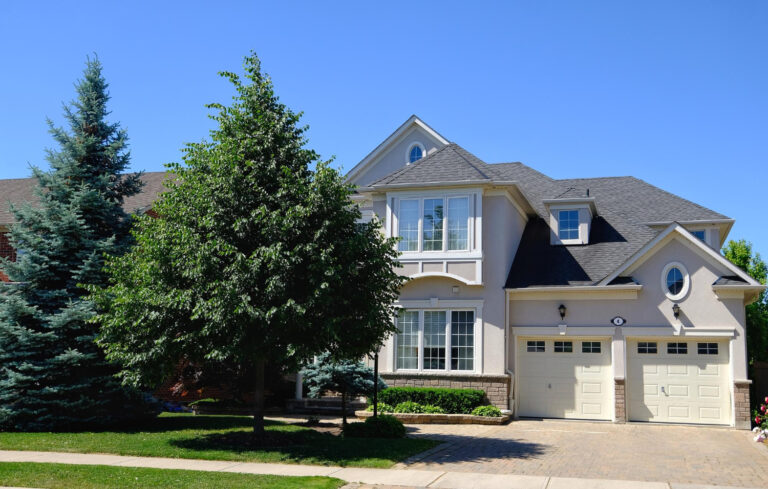

3 Comments
Comments are closed.